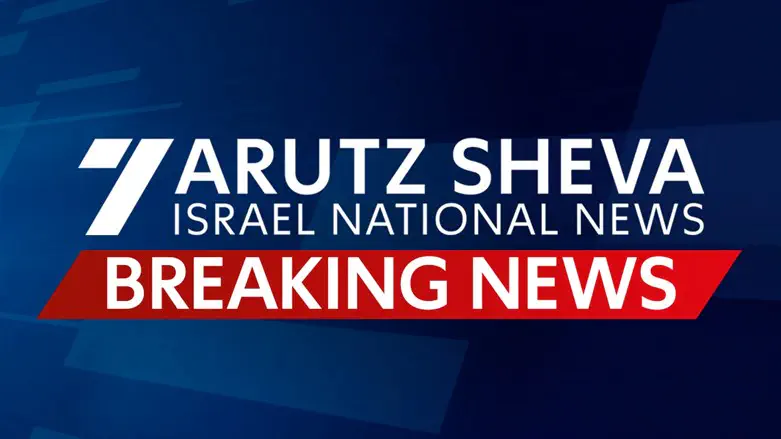Iraqi media reported that Esmail Qaani, commander of the Quds Force in the Revolutionary Guards, arrived in Baghdad in recent days and met with senior officials from pro-Iranian militias in the country.
Why it matters
- The visit signifies Iran's continuous efforts to strengthen its influence in Iraq, particularly through pro-Iranian militias.
- The meeting may indicate upcoming strategic movements or alignments within the region.
- Qaani’s presence in Iraq underscores the ongoing tensions between Iranian-backed groups and U.S. interests in the area.
In a significant development reported by Iraqi media outlets, Esmail Qaani, the head of the Quds Force within Iran’s Islamic Revolutionary Guard Corps (IRGC), recently traveled to Baghdad. His visit, which occurred within the last few days, included discussions with high-ranking officials from various pro-Iranian militia groups operating in Iraq. This meeting underscores the persistent and growing influence of Iran in the Iraqi political landscape, especially through its network of allied militias.
Esmail Qaani, who succeeded Qassem Soleimani following his assassination in a U.S. drone strike in January 2020, has been actively involved in extending Iran's strategic interests in the region. His current visit is seen as a critical move to reinforce ties with militia leaders who have been instrumental in shaping Iraq's post-ISIS security environment. These groups have often acted as proxies for Iranian interests, engaging in both military and political activities that align with Tehran’s broader objectives.
The discussions during Qaani's visit are believed to revolve around enhancing coordination among these militias, especially amidst rising tensions in the region. Analysts suggest that Iran may be seeking to solidify its foothold in Iraq as a counterbalance to U.S. influence, particularly in light of ongoing geopolitical shifts. Qaani's approach, which mirrors that of his predecessor, focuses on fostering unity among the various factions that comprise the Popular Mobilization Forces (PMF), a coalition of militias that have played a significant role in combating ISIS and asserting control over territory in Iraq.
The Iraqi government, which has been attempting to manage the delicate balance between U.S. and Iranian interests, faces significant challenges. The presence of Iranian-backed militias has been a contentious issue, with some factions openly opposing U.S. military presence in Iraq. The Iraqi leadership's ability to navigate these complexities will be critical in determining the country's stability moving forward.
Moreover, Qaani's meetings with militia leaders may signal potential military or operational changes in the region. Reports suggest that various factions may be preparing for a more coordinated response to perceived threats, particularly from U.S. forces and their allies. This could lead to increased tensions and a potential escalation in hostilities, impacting not only Iraq but the broader Middle Eastern landscape as well.
The Iran-Iraq dynamic has been historically complex, characterized by periods of conflict and cooperation. In recent years, however, Iran's influence has grown significantly, particularly after the defeat of ISIS. The IRGC, through the Quds Force, has been pivotal in supporting Iraqi militia operations, thereby embedding Iranian military and ideological interests within Iraq's security framework. Qaani’s visit serves as a reminder of the enduring ties between Tehran and its allies in Iraq, raising concerns among U.S. officials regarding the implications for regional security.
As Iraq continues to grapple with internal divisions and external pressures, the involvement of foreign powers, particularly Iran, remains a crucial factor in its political and security landscapes. The consequences of Qaani's discussions could reverberate across Iraq and into neighboring countries, shaping future interactions in a volatile region. The international community will be closely monitoring these developments, as they hold significant implications for U.S. foreign policy and military strategy in the area.
In conclusion, Qaani's recent trip to Baghdad marks a pivotal moment in the ongoing saga of Iranian influence in Iraq. It signifies not only Iran's commitment to maintaining its foothold through allied militias but also highlights the challenges faced by Iraqi leadership in managing these relationships amid rising tensions with the West. As the situation unfolds, it will be essential to observe how these dynamics evolve and the potential ramifications for Iraq and the broader Middle East.











